Introduction to filtration - filtrate formation and composition
By: HWC
Date Uploaded: 11/04/2019
Tags: homeworkclinic.com Homework Clinic HWC renal processes nephron Glomerular filtration Tubular reabsorption Tubular secretion renal tubule filtrate formation and composition renal corpuscle Hydrostatic blood pressure glomerular capillaries
• At the nephron, the three process responsible for the formation of urine include: • Glomerular filtration. • Tubular reabsorption. • Tubular secretion. • During filtration, a filtrate is formed within the renal tubule. • Reabsorption is the conserving of water and many solutes by moving them back into the blood stream. • Secretion involves moving unfiltered substances into filtrate. • Filtration occurs at the renal corpuscle. • Hydrostatic blood pressure moves fluid across the filtration membrane. • The membrane of the glomerular capillaries is the actual filtering structure. • The filtration membrane keeps larger elements in the bloodstream. • The filtrate consists of: • Water • Glucose • Amino acids and small proteins • Ions (K+, Cl-, H+, HCO3-, Na+) • Urea
Add To
You must login to add videos to your playlists.
Advertisement



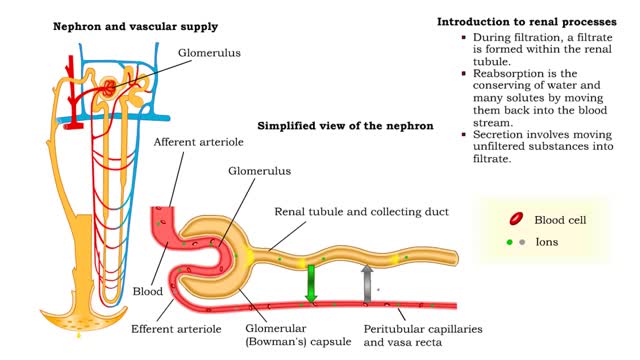
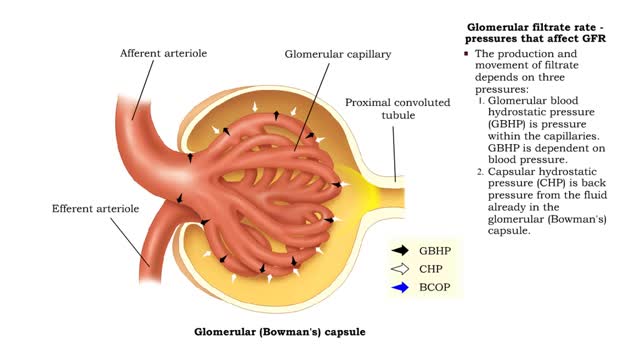
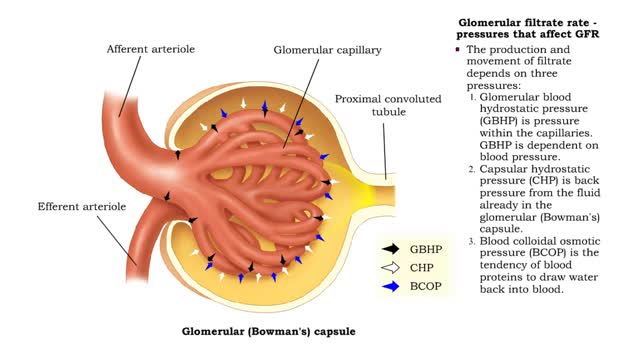
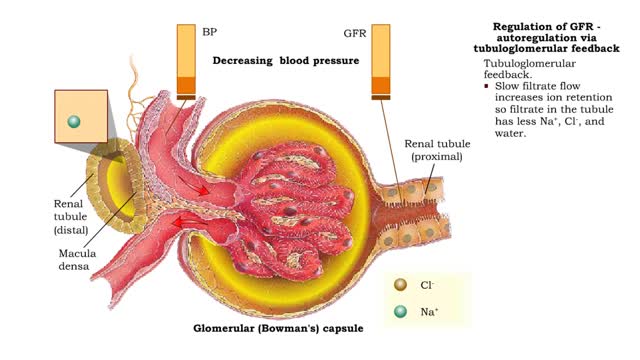
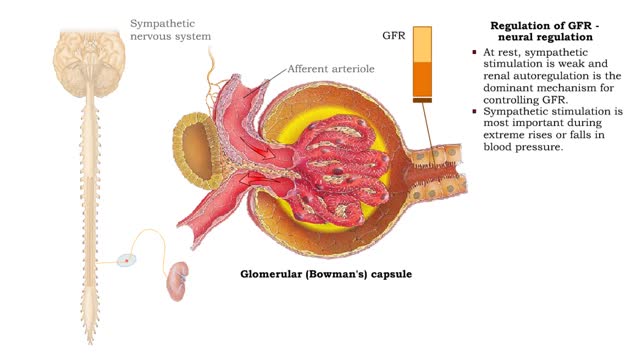
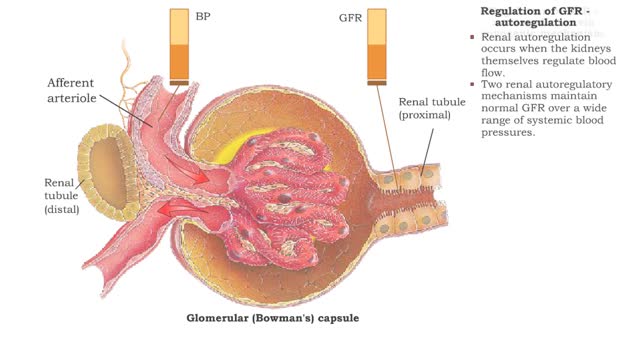
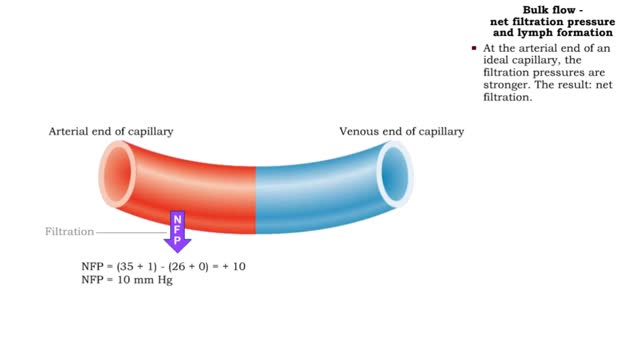
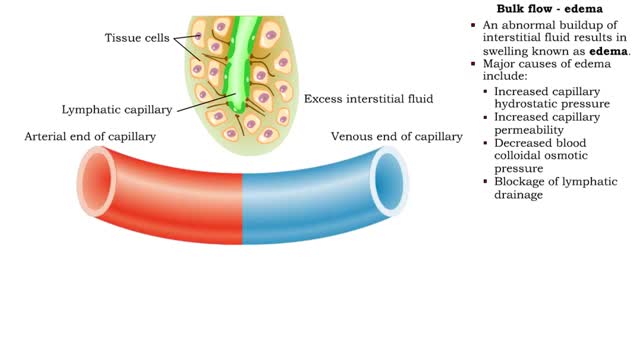
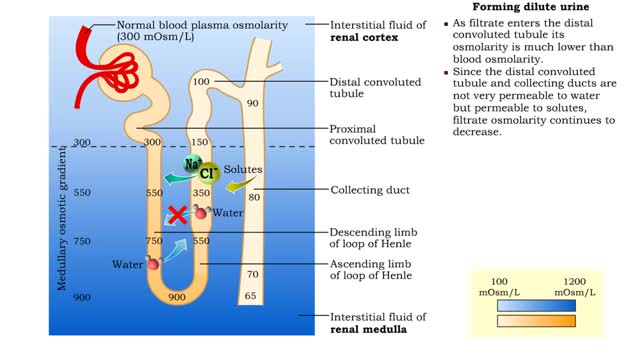
Comments
0 Comments total
Sign In to post comments.
No comments have been posted for this video yet.